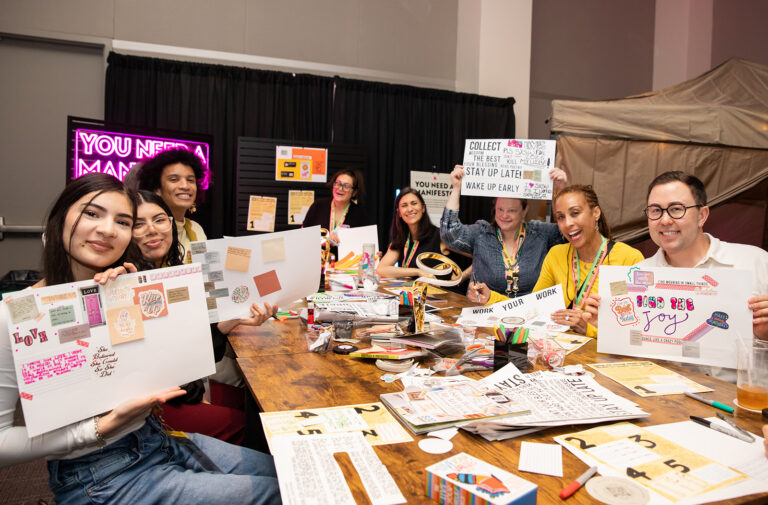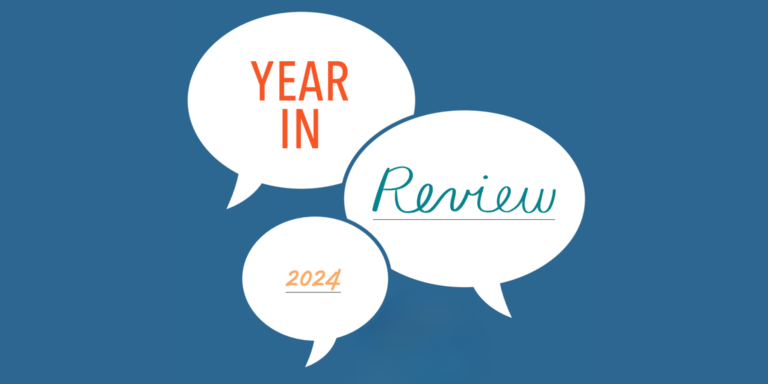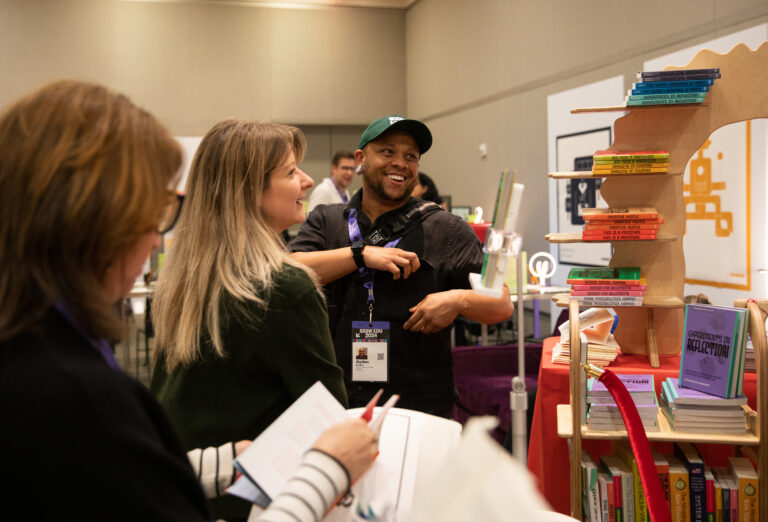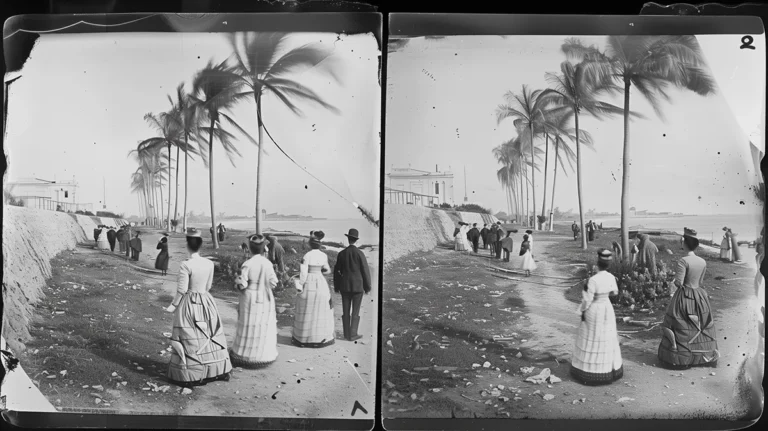Siegel External Engagement Associate Ellery Wong shares her key insights from the Education Writers Association’s 2024 National Seminar
In a room filled with education journalists in Las Vegas, Nevada, Taylor McGraw, Executive Director and Cofounder of The Bell, asked how many had published their first journalistic piece before graduating high school. Most hands went up.
The question was posed during the Education Writers Association’s National Seminar, an annual event where education journalists connect, hone their investigative skills, and gain insights into the year’s most pressing issues. Taylor was leading the panel “Involving High School Journalists in Education Coverage,” joined by The Bell staff, two New York City student journalists from the program, and Alex Zimmerman, a reporter for Chalkbeat New York.* The group presented their collaboration on P.S. Weekly, a student-produced podcast highlighting pressing issues in the nation’s largest school system, in New York City.
P.S. Weekly represents a novel collaboration between a professional newsroom and a student journalism program. This collaboration, much like other mentorship programs, offers students the invaluable opportunity to work alongside seasoned professionals, honing their skills in writing, editing, and production. But what truly sets P.S. Weekly apart is the surprising dynamic that emerged early on: the student journalists didn’t just support Chalkbeat’s reporting; they actively shaped the stories. By introducing fresh ideas and steering the reporting toward issues most relevant to their peers, the students—who are at the core of education journalism—ensured the stories resonated deeply with the very audience they represent.
The idea for the episode “Cafeteria Chronicles and the Opinions that Matter” originated with The Bell student journalist Jose Santana, who noticed that all the best lunch options at his school were disappearing. At the same time, Alex from Chalkbeat was following a different story: New York City Mayor Eric Adams’ new “plant-powered” Fridays initiative. After pitching the idea to Jose and helping him refine his broad question into a specific angle, Alex used his connections with the NYC Department of Education press office to accept an invitation to the city’s lunch test kitchen—an invitation he had initially been putting off. The blend of The Bell’s student perspective and Chalkbeat’s city-wide contextualization resulted in a story that was more nuanced and impactful than either could have achieved alone.
In another instance, the student journalists expanded Chalkbeat’s coverage on ongoing topics. Chalkbeat had spent months trying to schedule an interview with the Academy of American Studies in Queens regarding their response to nationwide book bans. Thanks to The Bell’s connection with a student journalist who attended the school, they secured an interview with an English teacher leading the charge within just one week. The resulting story was published on the Chalkbeat website, crediting the student journalist, and was subsequently picked up by Apple News.
At Siegel, we assert that journalism is a cornerstone of healthy social infrastructure and that education media is at the frontlines of fostering a robust information ecosystem, sustaining our social fabric, and creating an equitable, future-ready education system. As system thinkers, we’ve been inquiring alongside our partners about not just how to adapt the newsroom in the context of mis and dis information and the age of AI, but how we can protect and strengthen the information ecosystem and public civic information space.
At the EWA conference, journalists emphasized that student voices and experiences are a top priority when producing stories. Roundtables focused on developing creative strategies for connecting with students, especially when faced with principals or districts that have anti-media sentiments. Most of the tactics discussed, such as open calls on social media or waiting off school property to speak with passing students, were not particularly novel. However, the P.S. Weekly partnership exemplifies a successful approach to tapping into student experiences and uncovering new stories that might otherwise go untold.
Additionally, the partnership stands out as a way to widen the aperture of exposure for tomorrow’s journalists; by writing alongside and receiving mentorship from active industry journalists, students can pursue a path to the profession. Access to journalism electives or student newsrooms often mirrors the broader patterns of segregation and under-resourcing in schools, with the most privileged districts providing the most opportunities, a disparity The Bell is working to address. At the panel, Taylor’s question had underscored the importance of nurturing a passion for journalism early on, demonstrating that commitment to the field often starts long before professional careers begin.
He also highlighted that education journalists are uniquely positioned to influence the next generation of journalists, as the nature of their reporting relies heavily on interacting with students’ daily lives. With adequate resources to support universal school initiatives and provide access to real-life newsrooms and impact reporting, there is significant potential to diversify the talent pipeline and the perspectives that develop into full-fledged journalists. By creating strong information pathways between students, who are closest to on-the-ground events, and journalists, whose reporting is enriched by student voices, we can establish more meaningful connections and strengthen the overall information ecosystem.
In Taylor’s final question to the audience, he asked them to assess their level of partnership with student journalists using a sliding scale to describe their newsrooms’ relationships. While many found themselves somewhere on the scale, none felt they had achieved a truly symbiotic relationship.
P.S. Weekly’s model serves as a valuable case study from which every newsroom could learn, enhancing their engagement with students and elevating their partnerships to new levels. This approach not only strengthens the resilience and integrity of our future information ecosystem but also fosters a more inclusive and dynamic media landscape. Through the collaboration between The Bell and Chalkbeat, P.S. Weekly has provided a glimpse of what such a future could look like.
Listen to all of Season 1 of P.S. Weekly on Apple Podcasts or Spotify.
*Both The Bell and Chalkbeat are Siegel grantees





